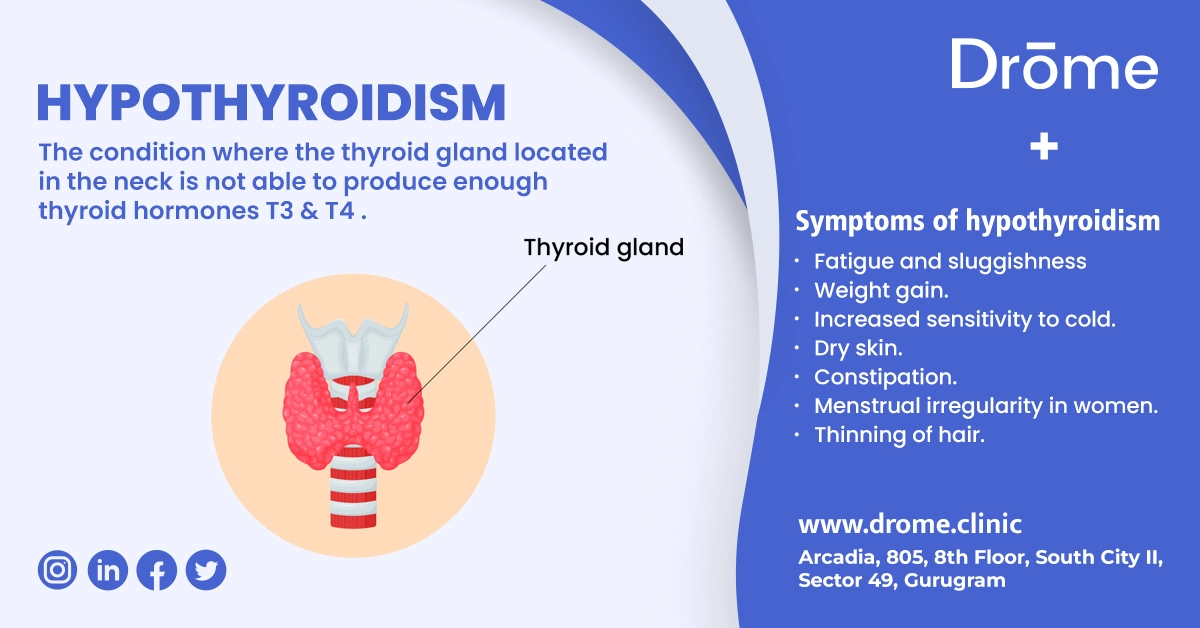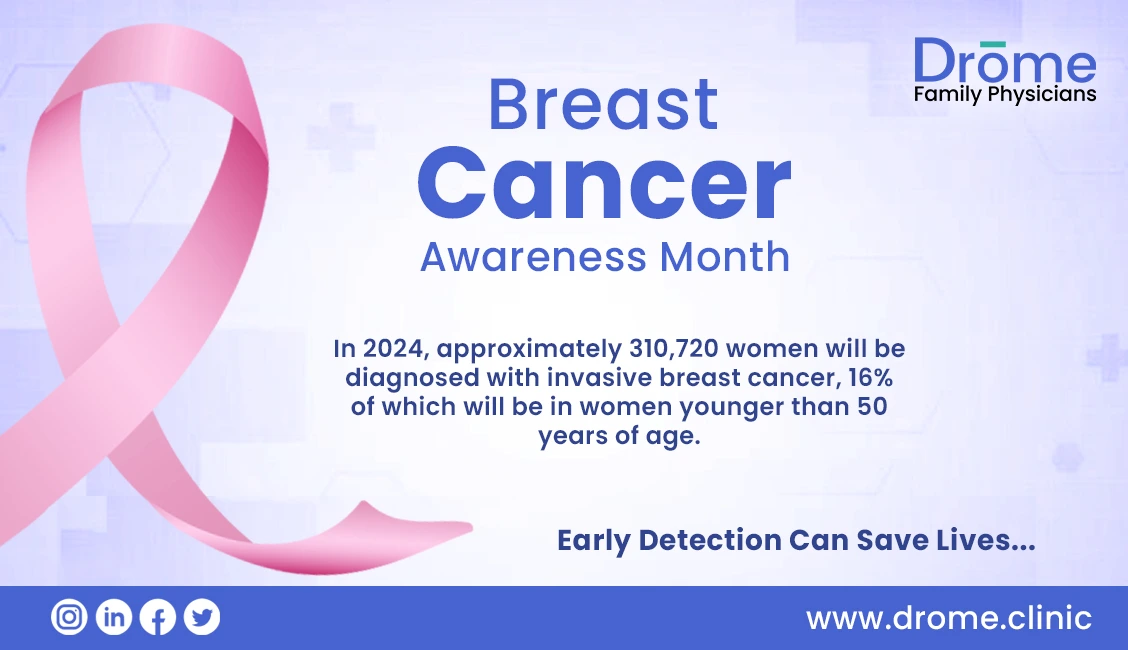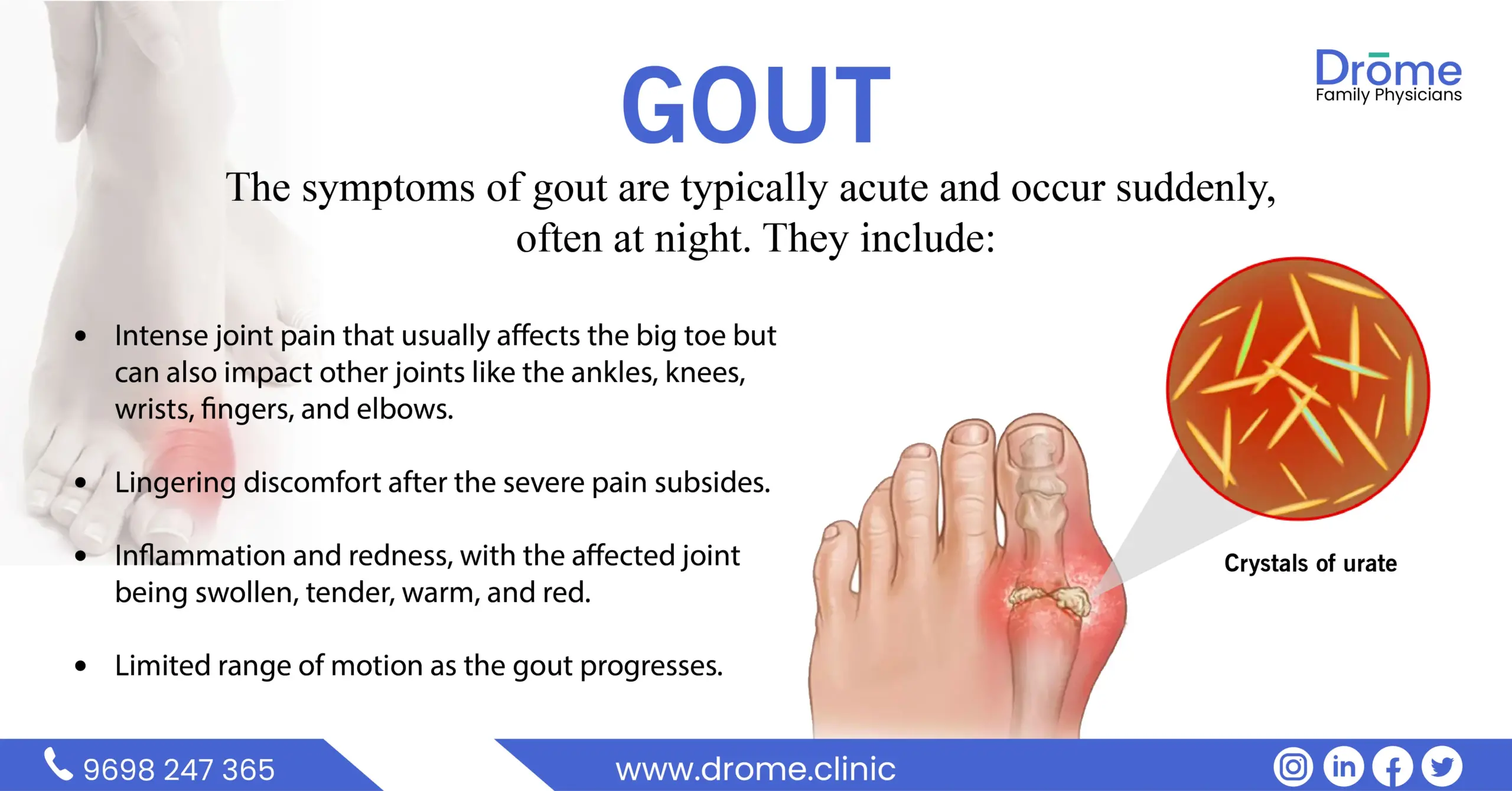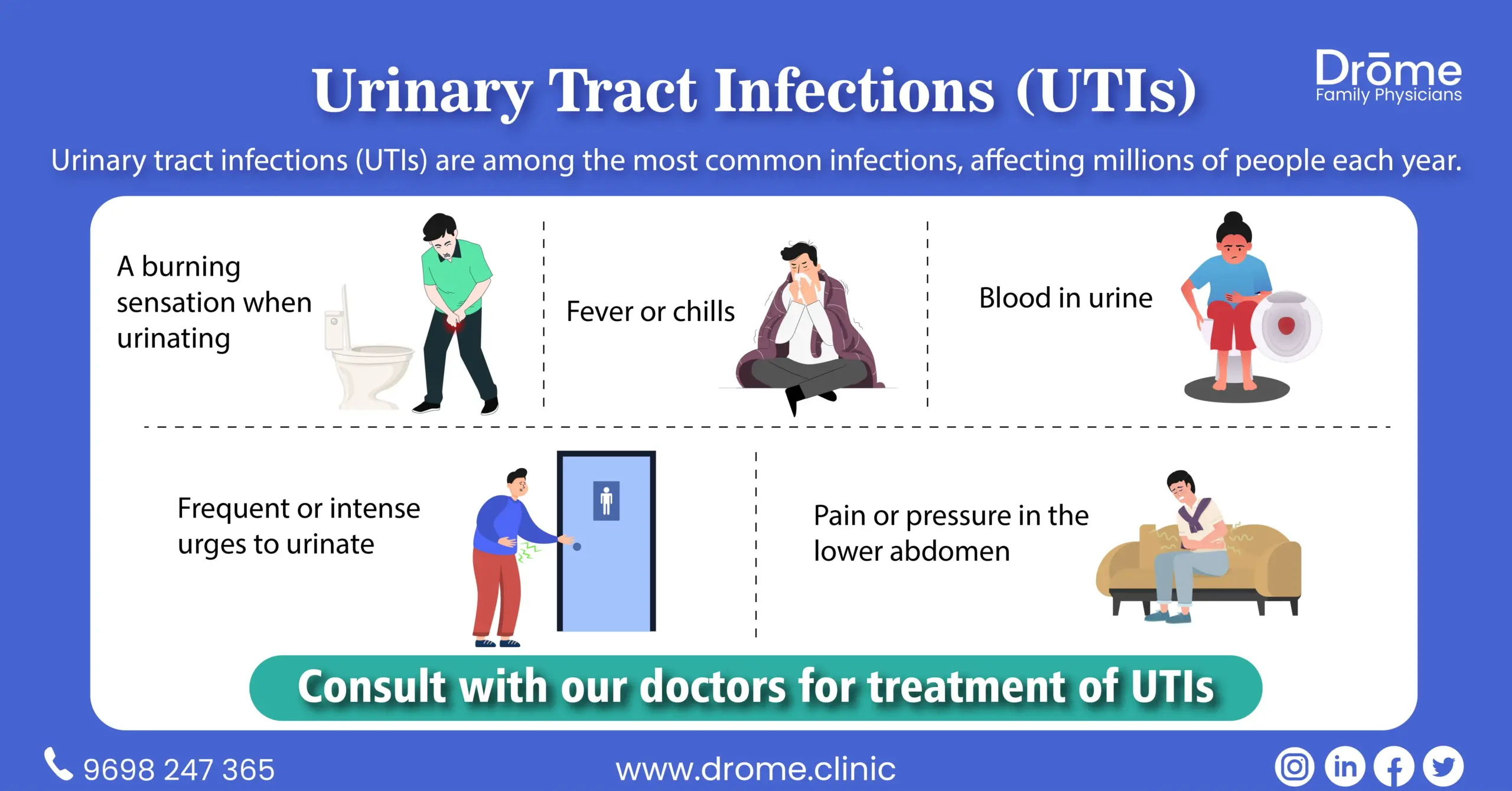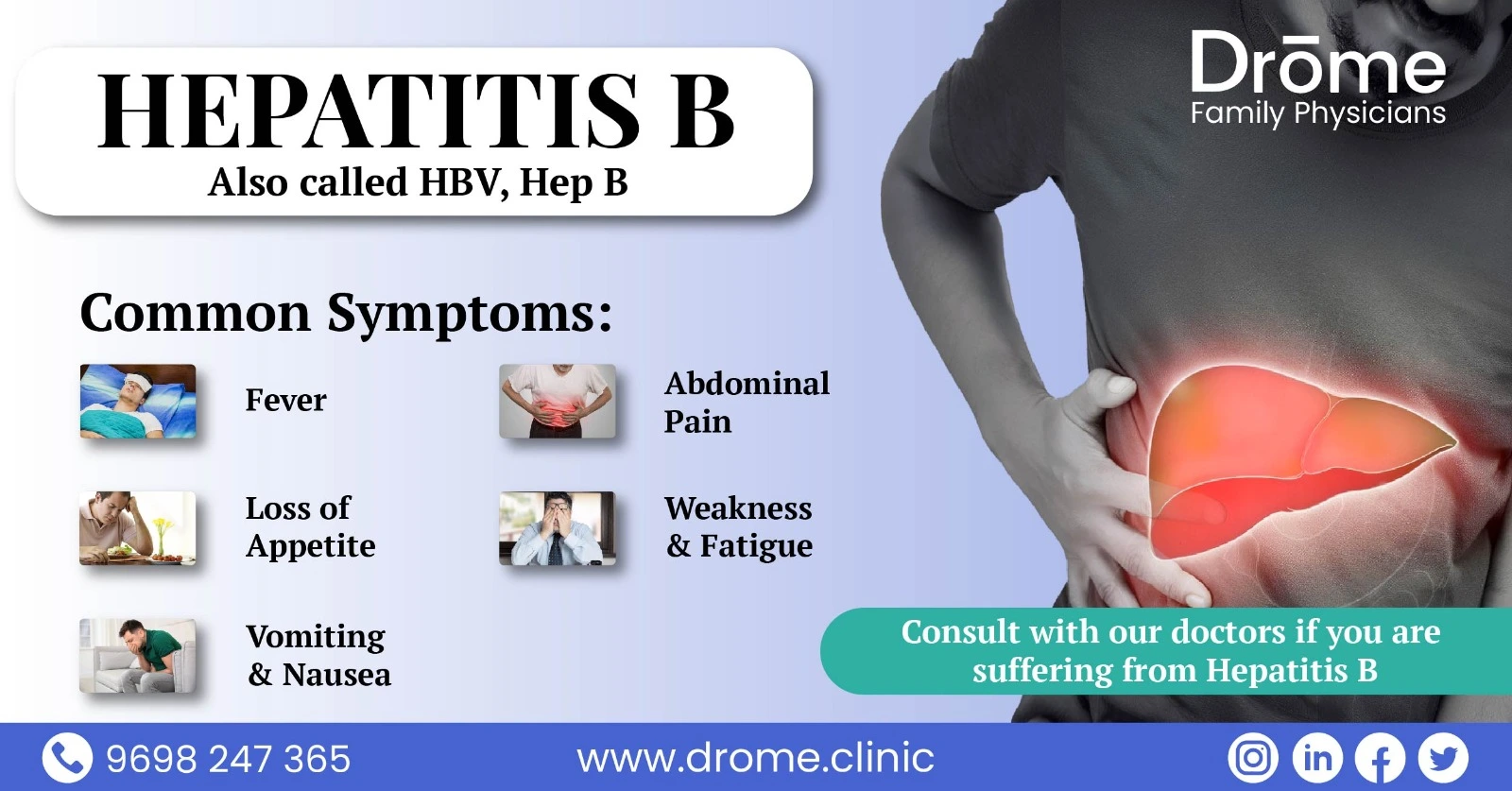Table of Contents
ToggleHypothyroidism: Understanding and Managing This Silent Condition in India
In the realm of hyperthyroidism, every symptom is a message, guiding us towards a path of mindful health and balance.
Introduction
In India, hypothyroidism is a silently growing concern, often overlooked until it significantly impacts life quality. Our goal is to shed light on this condition, empowering you with knowledge for better health management.
What Is Hypothyroidism?
Hypothyroidism is a condition which occurs when the thyroid gland, located in the neck is not able to produce enough thyroid hormones-Triiodothyronine (T3) and Thyroxine (T4). These hormones are responsible for regulation of body metabolism, heart rate and body temperature.
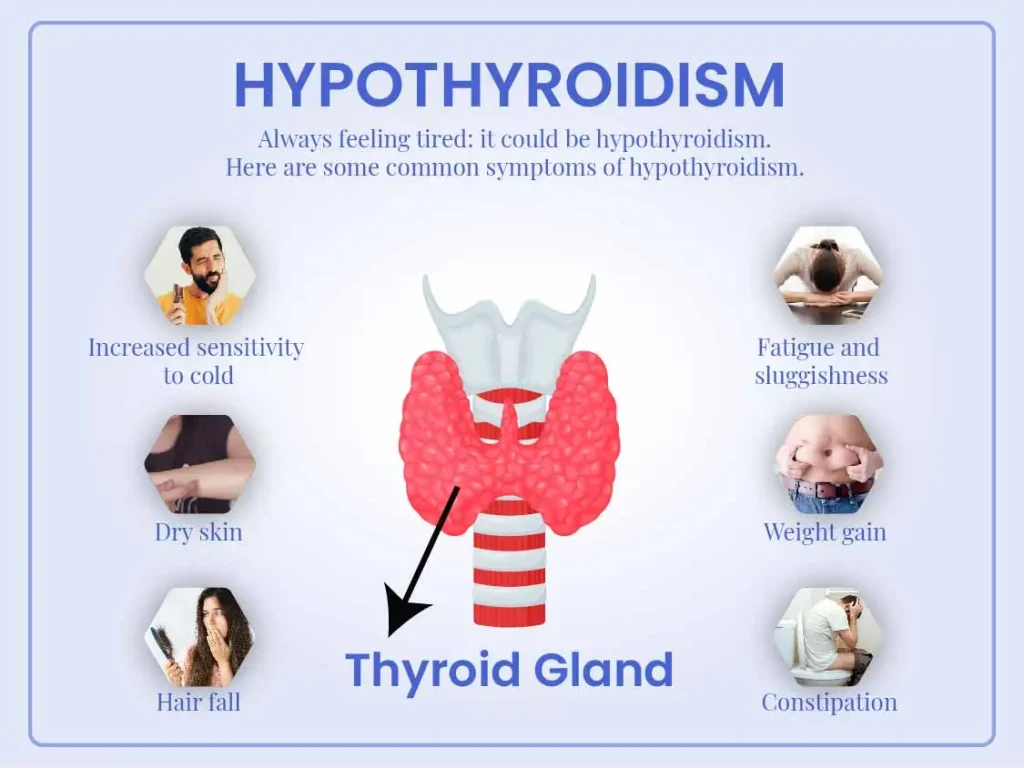
An imbalance can disrupt multiple bodily functions. While hypothyroidism affects both genders, Indian women, particularly those in middle-aged groups are more prone.
The amount of thyroid hormones in the bloodstream is controlled by the pituitary gland, which is located in the centre of the skull below the brain. When the pituitary gland senses either a lack of thyroid hormone or too much, it adjusts its own hormone (thyroid stimulating hormone, or TSH) and sends it to the thyroid to balance out the amounts.
Causes and Types of Hypothyroidism
Primary Hypothyroidism: The most common form, where the thyroid gland itself is dysfunctional. Among the primary causes an autoimmune condition called Hashimoto’s disease is the most common cause for primary hypothyroidism. Also called Hashimoto’s thyroiditis or chronic lymphocytic thyroiditis, this condition is hereditary. In Hashimoto’s disease, the body’s immune system attacks and damages the thyroid. This prevents the thyroid from making and releasing enough thyroid hormone.
Other primary causes of hypothyroidism can include:
- Thyroiditis (inflammation of the thyroid).
- Treatment of hyperthyroidism (radiation and surgical removal of the thyroid).
- Iodine deficiency (not having enough iodine — a mineral your thyroid uses to make hormones – in your body)..
In some cases, thyroiditis can happen after a pregnancy (postpartum thyroiditis) or a viral illness.
Secondary Hypothyroidism: Results from pituitary gland problems, which fail to stimulate the thyroid gland.
Risk Factors of Hypothyroidism
Gender : Higher risk in women
Auto-immune Diseases: Such as Type 1 diabetes or rheumatoid arthritis.
Radiation Exposure: To the neck or upper chest.
Family History: Of thyroid or other autoimmune diseases.
Hypothyroidism Symptoms:
Hypothyroidism tends to develop slowly, often over several years. The symptoms may include-
- Fatigue and sluggishness
- Weight gain
- Increased Sensitivity to cold
- Dry skin
- Constipation
- Hoarse voice
- Depression and memory issues
- Menstrual irregularities in women
- Thinning hair
- Slowed heart rate(bradycardia)
Diagnosis and Treatment
Diagnosis
Physical Examination: To check for physical signs like Goitre (enlarged thyroid gland).
Blood Tests: to measure levels of Thyroid Stimulating Hormone (TSH) and thyroxine(T4).Elevated TSH and low T4 indicate hypothyroidism.
Treatment
Treatment primarily involves Thyroxine (T4) replacement therapy. Levothyroxine, a synthetic T4 hormone, is commonly prescribed. Dosage is carefully calibrated based on TSH levels, age and individual health factors.
Levothyroxine is best taken on an empty stomach at the same time every day. Preferably in the morning, and then wait 30 to 60 minutes before you eat or take other medicine.
Outlook
With lifelong treatment, most individuals lead normal, active lives. Regular follow-ups and medication adjustments are essential. Regular health checks, understanding symptoms, and adhering to treatment plans are crucial, especially in the context of Indian dietary and lifestyle patterns.
FAQs on Hypothyroidism
Yes, there’s a genetic predisposition to hypothyroidism. If you have a family history, regular screening is advised.
Can children suffer from hypothyroidism?
Yes, children can have hypothyroidism. Newborn screening is vital as untreated hypothyroidism can lead to developmental issues.
Can Hypothyroidism lead to weight gain?
If hypothyroidism is not treated, you can gain weight. Once you are treating the condition, the weight should start to lower.
Is hypothyroidism linked to infertility?
Yes, untreated hypothyroidism can lead to infertility or complications during pregnancy. Managing thyroid levels is crucial for women planning pregnancy.
#CLEVELAND CLINIC

